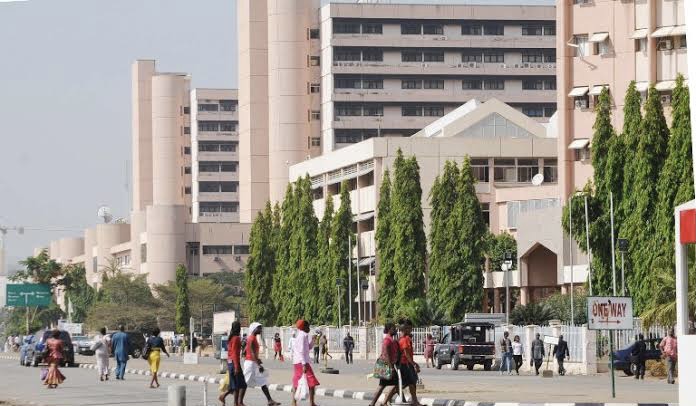The rising cost of transportation in Abuja is forcing many civil servants to skip work as their N70,000 minimum wage struggles to cover basic expenses.
This economic pressure, exacerbated by the removal of fuel subsidies, has left workers choosing between commuting and other essentials.
At the Federal Secretariat, many workers reported skipping work multiple days a week to save on transport costs, which often exceed N5,000 daily for those living in distant suburbs like Masaka. “How can we sustain this? Transportation alone takes nearly all my salary,” one worker lamented.

While the federal government announced plans to implement the new wage by the end of January, civil servants say they have yet to see changes in their salaries. “We’re told to wait, but the cost of living is unbearable,” another worker noted.
Some ministries have adopted informal arrangements to manage staff turnout while ensuring work continuity. However, the strain remains visible, with inflation and high fuel costs further eroding purchasing power.

Labour unions have called for annual wage adjustments to reflect inflationary trends, arguing that the traditional five-year review system is outdated. Trade Union Congress President Festus Osifo stated, “Why wait five years? Wages should reflect inflation annually.”
Civil servants are urging the government to fast-track wage implementation, regulate fuel prices, and stabilize essential goods to alleviate the hardship.
“This situation is unsustainable,” a worker concluded. “We hope the government acts soon to ease our suffering.”



